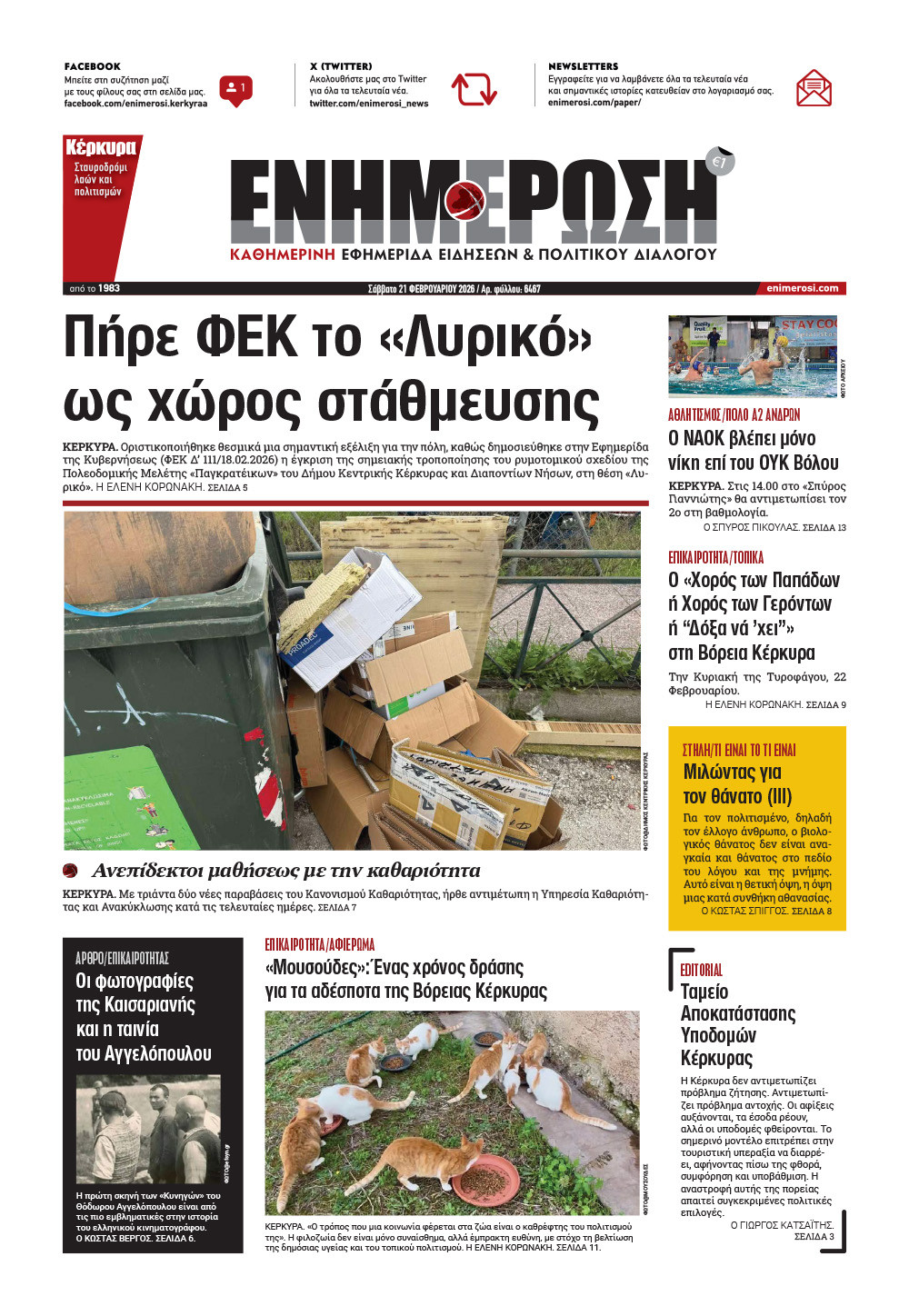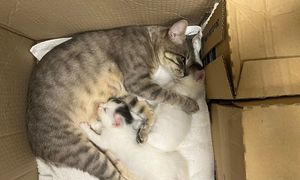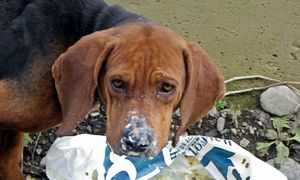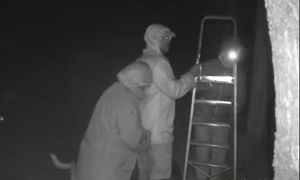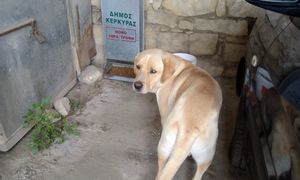Changes in the laws for pets: compulsory sterilization!
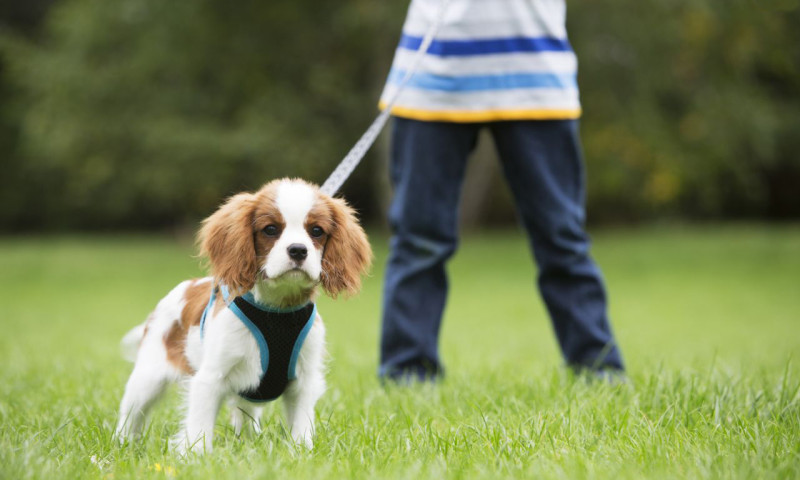
The new law and the reaction of the Pan-Hellenic Animal Welfare & Environmental Federation.
Sterilization of pets will become compulsory within six months of the passing of the Bill presented to Parliament this week by the Minister of Agricultural Development. Pet owners will be solely responsible for the sterilization.
A passport will replace the animal’s health card with a small extra charge and must be carried whenever the pet is out (for walks etc.) Those who choose not to sterilize their pet will have to pay an annual charge of 100 Euros.
Unsterilized pets may be kept as long as they are a pair (male and female) and a special charge for unsterilized animals must be paid. In this way it will be possible to develop genders (cats and dogs) and for animals to be replaced by their offspring. It will be compulsory for pets to have chips and be registered on the Ministry’s database – the charge for the insertion of a chip (for those who haven’t already had it done) is 6 Euros.
Increased regulations for animal owners
The procedure for transferring animal ownership will become stricter. The whole procedure will have to be fully recorded, so that the authorities know who the owner of the pet is and have its complete medical records. It will also be prohibited to display animals in windows - in pet shops as well as in farms they will be kept in special areas that meet welfare specifications.
Municipal animal welfare funds
Every Municipality will have an animal welfare fund. These will be supported by the non-sterilization charges, fines and the 6 Euro chip charge. Finally, the Bill also allows for a special animal welfare tax to be charged for products sold in pet shops in order to support the municipal funds and aid the modernization and creation of facilities for service animals.
The aim is to create collaboration between animal welfare organizations and local authorities. The Bill for pets and stray animals is expected to be open to public consultations for the next 2 months. The main points of the Bill were presented this week by the Minister of Agricultural Development, Vangelis Apostolou, and the Deputy Minister, Yiannis Tsironis.
“Our aim is to establish a single, up-to-date legislation,” said Mr. Apostolou and stated that “we have proposals from organizations as well as important experience from the discussions we have had. We want the animal welfare organizations and the local authorities to collaborate.”
In his presentation, Mr. Tsironis said that, “For the last seven years we have had a law that is innovative by EU standards,” and that, “Experience has shown us that this law had some problems in implementation, but that doesn’t mean that its basic premise is not correct.”
Pan-Hellenic Animal Welfare & Environmental Federation: “A shocking Bill”
The Pan-Hellenic Animal Welfare & Environmental Federation called the Bill shocking and has called on the Greek animal welfare community, social organizations, state authorities and the thousands of people that are concerned about animal welfare to stand against it. The main points that the Federations mentions in its announcement are:
1. It will lead to mass euthanasia, since the safeguard of having animal welfare organizations represented on the 5-member committees for this issue will no longer exist.
2. The contradictory and mutually exclusive provisions of the Bill will lead to the voluntary contribution of the animal welfare organizations disappearing, which will in turn lead to the country being flooded with stray animals. It should also be pointed out that the adoption of young animals up to 6 months old will also be abolished
3. It will essentially abolish the adoption of stray animals by thousands of animal lovers in an EU country.
4. Due to the limit on the number of animals that they will be able to keep in their homes, thousands of Greeks will abandon their pets in order to avoid the crippling fines provided for in this disgraceful Bill.
5. It re-introduces the nightmare of the shameful amendment for abandoning pets in the hills and mountains.
6. Vets are required not to examine sick, injured and poisoned animals, if they do not have any identification.
7. Drowning, poisoning, hanging etc. are not included in the initial definition of illegal killing and have much lesser sentences.



